The cancellation of three radio programmes on 4 July by Croatia’s public broadcaster marks the latest in a line of sweeping changes the network has undergone since January 2016.
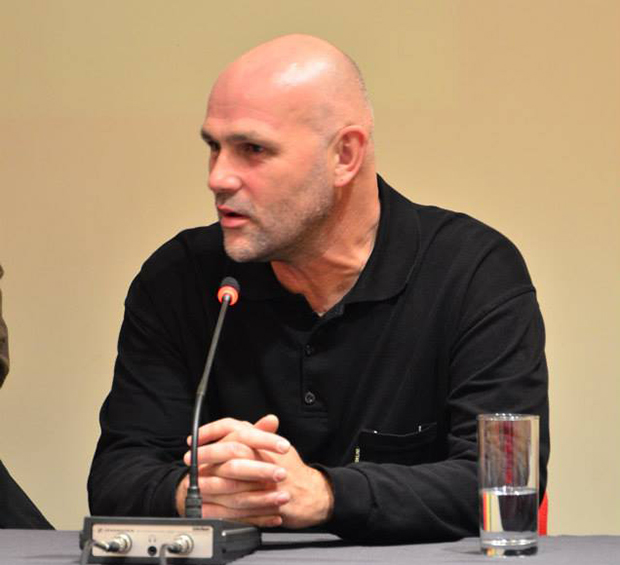

The cancellation of three radio programmes on 4 July by Croatia’s public broadcaster marks the latest in a line of sweeping changes the network has undergone since January 2016.

It was a long Saturday night for all of us, at home and abroad, monitoring the worrisome developments around media freedom in Turkey

More than 30,000 people have signed a petition to have a book withdrawn from the Spanish market.

Nabeel Rajab, the Bahraini human rights activist and Index award winner, was due to stand trial on 2 August over comments he made on Twitter criticising government institutions. It has now been postponed until 5 September
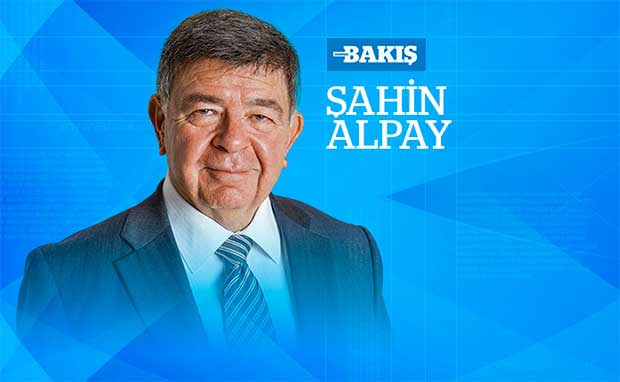
Ministers are empowered to close TV, radio, websites and, even, book publishers. Prosecutors are required to follow those orders. This means a total end of media freedom in Turkey.
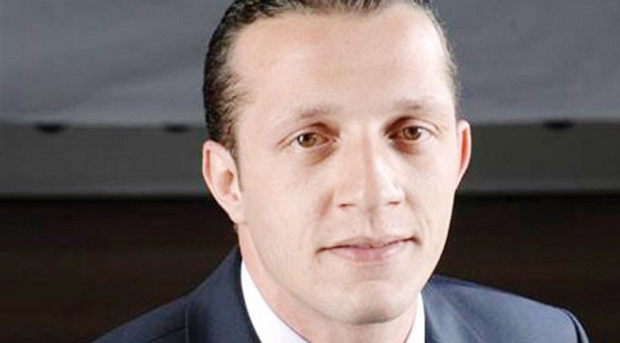
The arrests of dozens of journalists has added to the profound concerns for press freedom in Turkey, where emergency rule gives the authorities power to extend arrest periods up to 30 days.
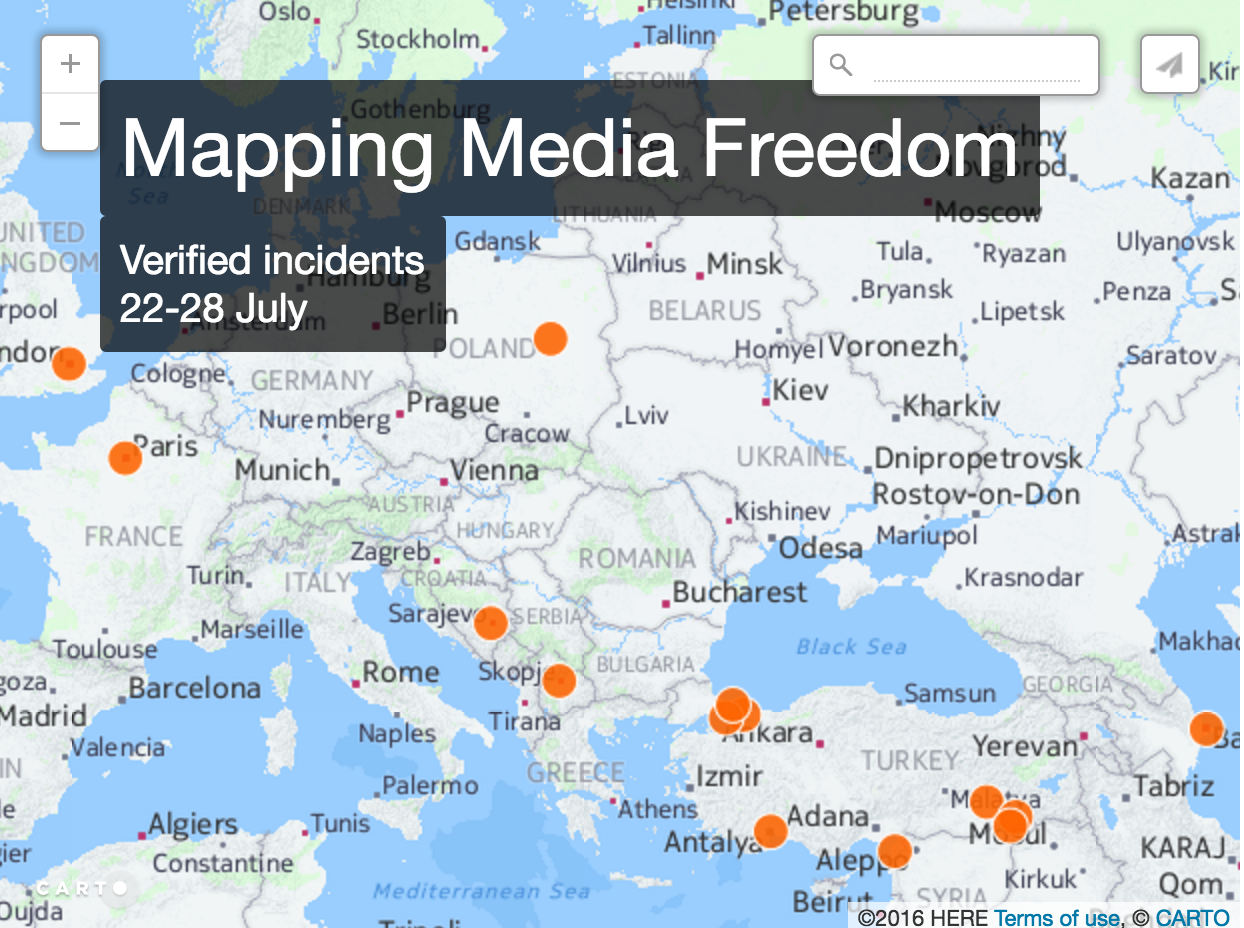
Each week, Index on Censorship’s Mapping Media Freedom project verifies threats, violations and limitations faced by the media throughout Europe
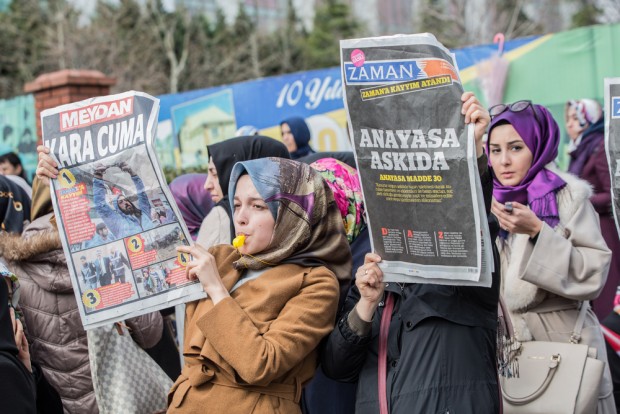
The spotlight has been on Turkey following the attempted coup against President Recep Erdogan and the government’s ensuing crackdown on journalists, teachers, judges and soldiers. How did it come to this?

47 journalists subject to arrest under warrants issued on Wednesday. The list included the names of columnists, editors and reporters who formerly had been employed at Zaman
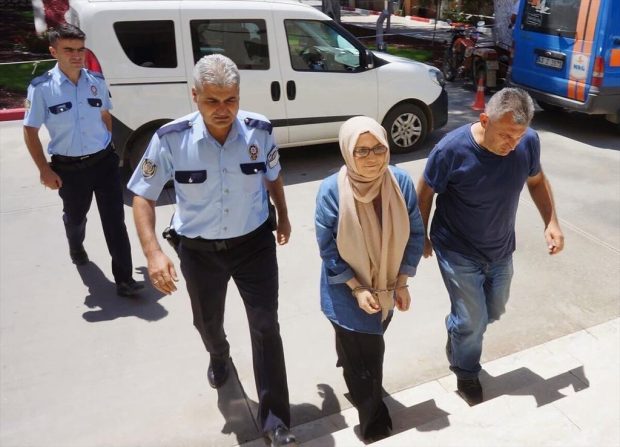
Media freedom must be treated for what it really is: a strong test of democracy.